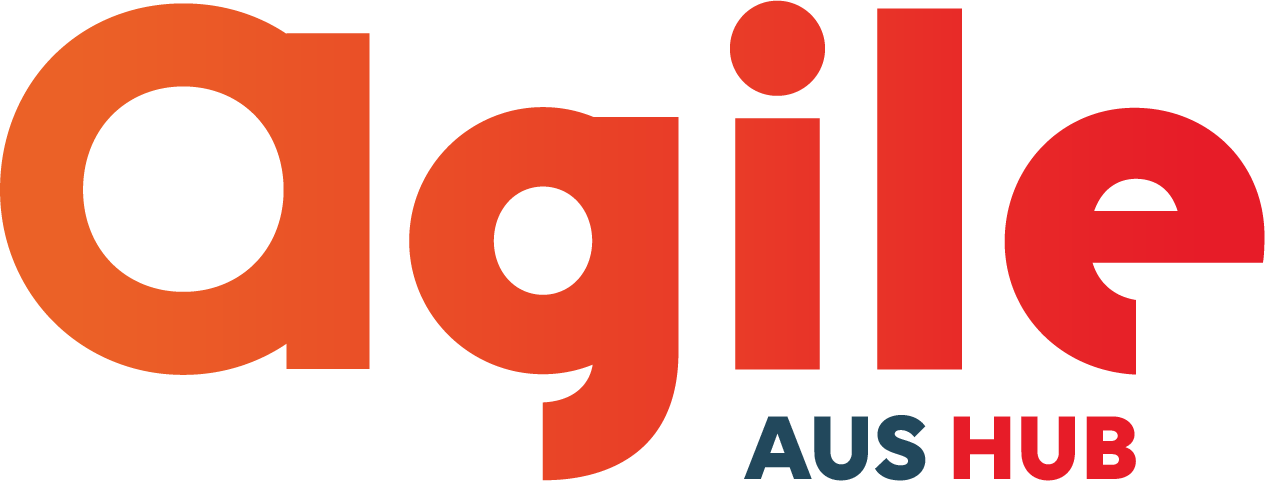
Why Agile is the key to unlocking AQ
Metrics such as the Intelligence Quotient (IQ) and the Emotional Quotient (EQ) have long been used to evaluate human abilities and it’s easy to understand why both are important qualities.
The Adaptability Quotient (AQ) is about resilience and our ability to rebound from setbacks to conquer surprising challenges. Unsurprisingly, it’s being seen as a pretty important quality right now.
Then again, you could see human history as a series of AQ tests.
In his 1997 book Adversity Quotient: Turning Obstacles into Opportunities, Dr Paul Stoltz introduced AQ as a crucial measure of an individual’s ability to navigate and overcome adversity, a skill that is essential for personal growth. Nearly three decades later it’s easy to pick up a copy and Stoltz (@DrGrit on Twitter, or X if you must) is still regarded as a top change-management and resilience expert.
Basically, if you don’t have AQ, you’re up against it in life as well as at work.
When I think about Agile, it’s all about paving the road to AQ. When we apply Agile, it helps us to take small steps and track progress, transforming every setback into a stepping stone, a way to learn and improve. For instance, Agile retrospectives are about learning from our mistakes.
People with a high AQ know how to learn from their experiences, using them to develop grit and become more resilient over time. Agile helps build that AQ muscle, for individuals and teams.
Agile teams continuously adapt to changing requirements and feedback throughout the product life cycle. Agile encourages teams to experiment, bounce back from failures quickly, and learn from them. Similarly, individuals with a high AQ demonstrate the ability to adapt their mindset and approach in response to unexpected obstacles or setbacks. Agile requires us to be like skittles – no matter the size or speed of the virtual bowling ball rolling to take us out, we bounce back up, reset and go again. That’s AQ right there.
Agile methodologies prioritise flexibility and the ability to pivot based on evolving circumstances. Similarly, individuals with a high AQ demonstrate flexibility in their thinking and actions, enabling them to adjust their strategies and be ready for whatever the future may bring.
AQ is all about focusing on what you can control and letting go of what you can’t, which gives you the opportunity to channel your energy into areas where you can truly make a difference. This is at the very heart of the Agile Manifesto: simplicity – the art of maximising the amount of work not done. When you commit to continually improving the path to doing things simply, you cut down unnecessary work, waste and find the simplest way to deliver value.
Agile is all about adaptability, resilience, and responsiveness to change. The role of a growth mindset is pivotal for both AQ and Agile.
So you tell us – how has Agile helped the development of your AQ?
Unlocking or enhancing your AQ is yet another reason to come to the AgileAus24 Conference! Find out more and register at agileaustralia.com.au/2024/

Stay in the loop
To receive updates about AgileAus and be subscribed to the mailing list, send us an email with your first name, last name and email address to signup@agileaustralia.com.au.

0 Comments